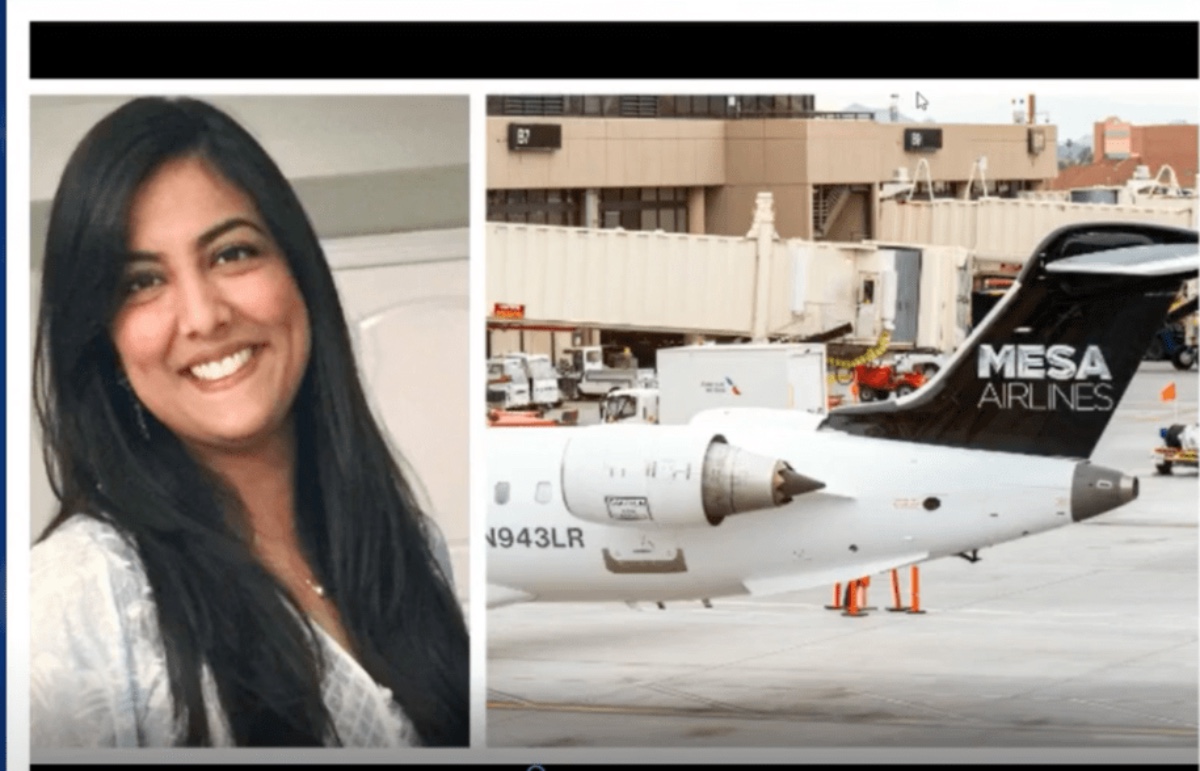Iran: Talks Could Be West’s “Last Chance”
By Ramin Mostafavi
TEHRAN (Reuters) – Talks next week between Iran and major powers concerned about its nuclear program could be the “last chance†for the West because Tehran’s atomic capability is improving, a senior Iranian official was quoted as saying.
Ali Asghar Soltanieh, Tehran’s nuclear ambassador, raised the stakes for the January 21-22 meeting with the five permanent members of the U.N. Security Council plus Germany, which want assurances that Iran is not trying to develop nuclear weapons.
Once Iran can make its own fuel for a research reactor, which it has said will happen this year, it may not return to negotiations if the talks to be held in Istanbul fail, the official IRNA news agency quoted him as saying on Wednesday.
“It might be the last chance because by installing fuel rods produced by Iran in the core of the Tehran Research Reactor, probably parliament will not allow the government to negotiate or send its uranium outside the country and the Istanbul meeting might be the last chance for the West to return to talks.â€
Soltanieh later told Reuters in Vienna: “If the first fuel will be ready, goes to the heart of the reactor, then what do we need negotiation (for) … therefore the other side should come to the negotiating table as soon as possible.â€
Iran’s Supreme Leader, Ayatollah Ali Khamenei, has the ultimate say on its nuclear policy and diplomacy.
A similar round of talks concluded in October 2009 with a tentative pact for Iran to export some of its low-enriched uranium in exchange for fuel rods made from higher-enriched, 20 percent uranium to run the reactor which makes medical isotopes.
But that deal, meant as a confidence-building step leading to further talks, unraveled when Tehran backed away from the terms, ultimately triggering a new wave of sanctions which some analysts say helped push Tehran back to the negotiating table.
Acting Foreign Minister Ali Akbar Salehi said on Saturday Iran would be able to produce its own fuel material for the Tehran reactor later this year, making any swap deal “lose its meaning.
BLUFF?
Bruno Tertrais, Senior Research Fellow at the Foundation for Strategic Research in Paris, said Soltanieh’s statement was largely bluff.
“In any case, Mr Soltanieh’s argument is reversible — we could always say it’s the last chance for Iran,†said Tertrais.
“When I say bluff, I mean I am not at all certain that Iran has the technical capacity to make the fuel necessary for this type of reactor,†he said, echoing the general assessment of Western officials and nuclear experts.
The U.N. Security Council has urged Iran since 2006 to suspend its uranium enrichment — which yields fuel for nuclear reactors or, if done to a much higher level, for nuclear bomb — in exchange for a packet of economic and diplomatic incentives.
Iran is still awaiting replies from some of the countries it invited to tour its nuclear sites ahead of the talks, in what it calls a demonstration of its openness and peaceful intentions.
Of the countries involved in the Istanbul talks, the European Union rejected the invitation and the United States was not invited, saying it was for U.N. nuclear watchdog specialists to inspect Iranian nuclear installations.
But Iranian Foreign Ministry spokesman Ramin Mehmanparast said those invited could bring nuclear experts with them.
“With regard to the opinion of some of the invitees, we announce that … bringing along nuclear experts is not a problem,†ISNA news agency quoted him as saying.
From the six-power group, only China and Russia are possible attendees in the visit to Iran. Russia said it was still considering the invitation, and an Iranian delegation held talks in Beijing on Wednesday.
Soltanieh told Reuters envoys from Venezuela, the Arab League, Egypt as chair of the Non-Aligned Movement, Syria and others would come on the planned Jan 15-16 trip, but that China and Russia had yet to respond to the invitation.
Western diplomats do not anticipate a significant breakthrough in Istanbul, in view of Iran’s refusal to even discuss enrichment, the overriding concern for the big powers.
Tertrais said Iran had no interest in walking away from the negotiation process, rather in stretching it out.
(Additional reporting by Robin Pomeroy and by Fredrik Dahl in Vienna; writing by Robin Pomeroy; editing by Maria Golovnina)
13-3












2011
791 views
views
0
comments